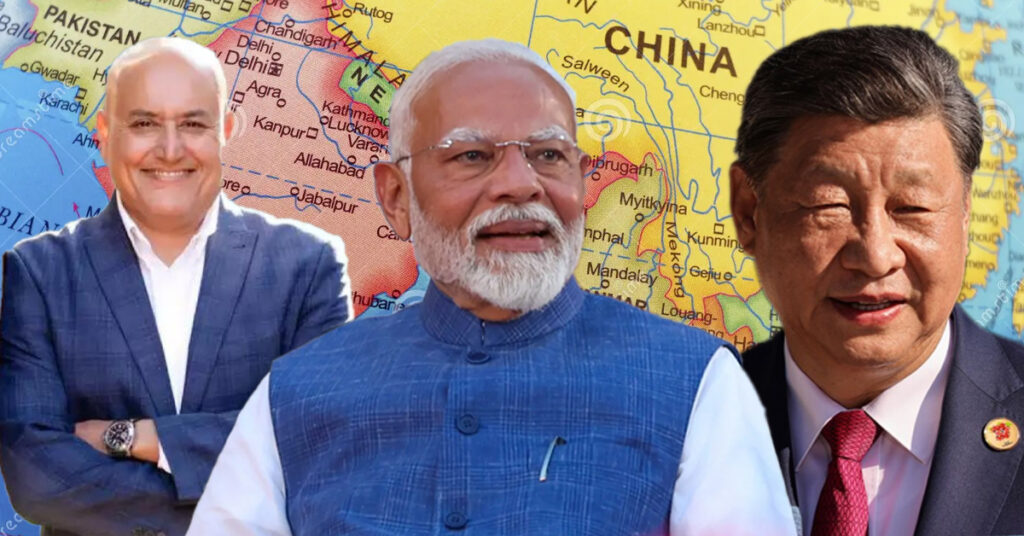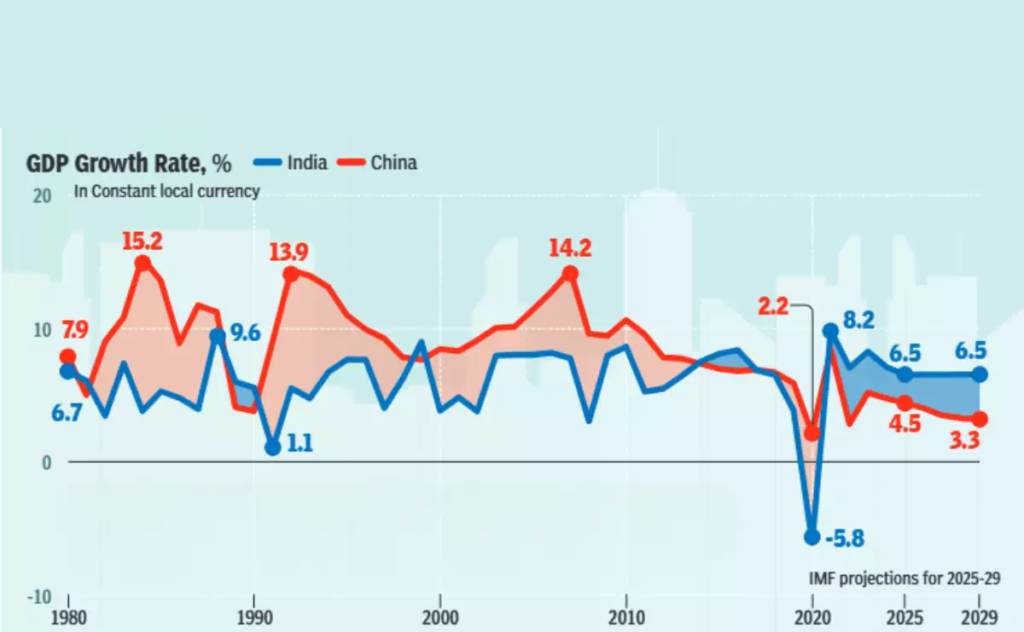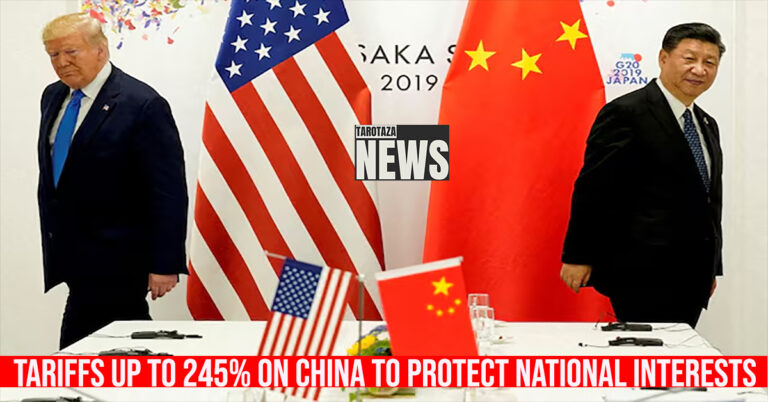
Introduction: A Provocative Claim – Indian Economics
Indian economics: Sabeer Bhatia recently claimed, “India is lying about GDP,” sparking widespread discussion. In a podcast, he criticized India’s economic metrics and work culture. He believes both need drastic changes for India to rival China. His remarks question the foundation of India’s economic growth story.
Bhatia argues that India’s GDP calculation overstates output by focusing on transactions. He contrasts this with systems tying GDP to actual work done. Additionally, he sees India’s work ethic, especially among engineers, as misaligned. This misalignment, he says, hampers innovation and global competitiveness.
India aims to become a $5 trillion economy, making Bhatia’s critique timely. His call for reform touches on Indian economics and cultural values. This article delves into his arguments, comparing India with China, and proposing solutions.

Bhatia’s Critique of India’s GDP Calculation – Indian Economics
Sabeer Bhatia targets India’s GDP calculation as fundamentally flawed. He claims it counts financial exchanges as economic activity, even without productivity. “If I give you Rs 1,000 with 18% GST, it’s counted twice,” he said. “You’ve done no work, yet GDP rises.”
This method, Bhatia argues, paints an inflated picture of Indian economics. He contrasts it with the US, where GDP reflects hours worked. “Everyone has an hourly rate, reported to the government,” he explained. Taxes and effort, not transactions, determine economic output there.
India’s approach, Bhatia says, misleads policymakers and investors about real growth. He suggests tracking hours worked across professions for accuracy. “Assign hourly rates to laborers, doctors, everyone,” he proposed. This shift could reveal India’s true economic health.
Currently, India’s GDP includes monetary flows like taxes and fees. Bhatia believes this distorts the value of actual work done. A work-based system could align Indian economics with global standards. It might also push the workforce to prioritize productivity.
Work Ethic Under Scrutiny – Indian Economics
Beyond GDP, Bhatia critiques India’s work culture, focusing on engineers. “99% of Indian engineers join management,” he lamented. They abandon technical roles to give “gyaan” (advice), he noted. “Where’s the ethic of building with their hands?”
This trend, Bhatia argues, stifles innovation in Indian economics. Engineers shift to oversight, leaving creation to others. He sees this as a cultural flaw, valuing management over expertise. It limits India’s ability to produce groundbreaking technology.
In India, corporate ladders often pull engineers from technical work. Bhatia believes this weakens the nation’s competitive edge. “We need engineers who code, build, innovate,” he urged. Respect for hands-on skills could transform Indian economics.
He ties this to education, criticizing its focus on rote learning. “Critical thinking isn’t taught,” he said, hindering problem-solving skills. Bhatia suggests technology-driven education to foster creativity. This could reshape India’s workforce for the future.
India vs. China: A Stark Contrast
Bhatia compares India’s work culture with China’s to highlight disparities. In China, engineers stay technical, driving manufacturing and innovation. “China values those who work as engineers,” he observed. This focus fuels their economic dominance.
India, however, leans toward management and outsourcing, Bhatia notes. Engineers oversee projects rather than build them, he says. This divergence explains China’s lead in industries like electronics. Indian economics suffers from this cultural gap.
China’s education system also differs, being more accessible. “Subsidized education reaches everyone,” Bhatia said, contrasting India’s elitism. Affordable learning equips China’s workforce for technical roles. India’s costly education limits such opportunities.
China’s productivity stems from hands-on work, Bhatia argues. India’s outsourcing model, while profitable, lacks innovation, he says. To compete, India must emulate China’s technical focus. This shift could bolster Indian economics globally.

Solutions for a Competitive India
Bhatia offers solutions to align Indian economics with global rivals. First, he proposes an hourly work-tracking GDP system. “Measure effort, not transactions,” he said, advocating standardized rates. This could ensure accurate economic reporting.
Second, he calls for valuing technical skills over management. “Respect coders, builders, doers,” he urged, pushing cultural change. Companies should reward innovation, not just oversight, he suggests. This could retain talent in technical fields.
Third, education reform is key, Bhatia believes. “Teach critical thinking via technology,” he said, eyeing digital tools. Affordable, skill-focused education could empower India’s youth. It might bridge gaps in Indian economics.
Finally, he emphasizes solving real problems for growth. “Happiness lies in addressing others’ issues,” he noted. Engineers tackling India’s challenges could drive progress. These steps could make India a global economic leader.
Counterarguments and Context
Bhatia’s views face pushback from some economists. They argue India’s GDP aligns with international norms. “It’s not lying; it’s standard practice,” one expert countered. Financial transactions are globally accepted metrics, they say.
India’s growth has lifted millions from poverty, defenders note. GDP figures, though imperfect, reflect real progress, they argue. Bhatia’s critique oversimplifies a complex system, some claim. Still, his focus on work ethic resonates widely.
China’s model isn’t flawless either, critics point out. Authoritarian policies boost productivity but limit freedoms, they say. India’s democratic chaos fosters creativity, others argue. Indian economics must balance these dynamics.
Bhatia’s ideas spark debate, not consensus, experts agree. His hourly system could work but needs testing, they suggest. Cultural shifts take time, yet urgency remains. India’s economic future hinges on such discussions.
Implications for Indian Economics
Bhatia’s critique raises big questions for Indian economics. If GDP is overstated, policy decisions may falter. Accurate metrics are vital for a $5 trillion goal. His work ethic concerns echo industry frustrations.
China’s rise pressures India to adapt quickly, analysts say. Technical innovation could close the gap, they believe. Bhatia’s hourly GDP idea might reveal workforce inefficiencies. It could also inspire productivity reforms.
Education and culture shape economic outcomes, experts note. India’s youth need skills, not just degrees, they argue. Bhatia’s vision aligns with calls for practical learning. Indian economics depends on these shifts.
The debate he sparked could redefine India’s global standing. Policymakers must weigh his ideas against tradition, they say. Change is tough but essential for competitiveness. Bhatia’s voice amplifies this urgency.
Conclusion: A Call to Action
Sabeer Bhatia’s claim that “India is lying about GDP” challenges complacency. His critique of work ethic demands a cultural rethink. Competing with China requires bold, practical steps, he insists. Indian economics stands at a crossroads.
An hourly GDP system could ground India’s metrics in reality. Valuing technical work might unleash innovation, he argues. Education reform could equip the next generation, he believes. These ideas aim to strengthen India’s core.
China’s success offers lessons, not just warnings, Bhatia suggests. India can blend democracy with productivity, he hopes. His provocative words urge action over debate. Indian economics needs this wake-up call.
The path ahead is daunting but promising, analysts agree. Rethinking GDP and work ethic could transform India. Bhatia’s vision lights the way for growth. India’s future depends on heeding such voices.
Table of contents
- Introduction: A Provocative Claim – Indian Economics
- Bhatia’s Critique of India’s GDP Calculation – Indian Economics
- Work Ethic Under Scrutiny – Indian Economics
- India vs. China: A Stark Contrast
- Solutions for a Competitive India
- Counterarguments and Context
- Implications for Indian Economics
- Conclusion: A Call to Action







Modi is a big dictator .. like hitler